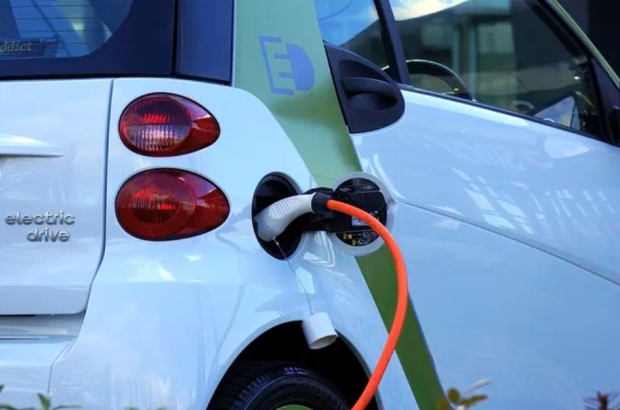- Daily & Weekly newsletters
- Buy & download The Bulletin
- Comment on our articles
Belgium to allow old cars to be 'retro-fitted' into electric ones
As Europe moves to ban the sale of combustion engine cars, Belgium is poised to take similar steps as in Germany, the UK, the Netherlands and France to allow people to transform their old cars into electric ones.
For certain models, this can be as simple as removing the engine, the tank and sometimes the gearbox, then replacing them with an electric motor and a battery.
In the aforementioned countries, the practice is already standardised and monitored.
Proponents of the measure say it will help fill any gaps in supply should the EU wish to favour European manufacturers of electric vehicles, which will be the only ones available for purchase in 2035.
By retro-fitting older cars with electric engines, they can become more environmentally friendly and avoid the junk yard.
But converting vehicles requires a manufacturer's agreement or a waiver of its responsibility, which would be possible if regional governments issue a decree. The federal government must also define the technical standards that will form the legal framework and allow approval.
Previously, institutional challenges have prevented such steps from being taken, but progress is now being made.
Retro-fitting is already technically possible in Belgium, but involves having the modified vehicle approved abroad and then bringing it back to pass a technical inspection here, which is a complicated, time-consuming and expensive procedure.
Federal mobility minister Georges Gilkinet announced that the necessary royal decree is now ready, and will next be sent to the EU for notice and then the Belgian Council of State. Afterwards, it can be implemented in the regional legislations.
The price of retro-fitting a combustion engine vehicle into an electric one is considerably lower than that of a new electric car, although it depends on the model to be electrified.
In France, where operations have been standardised on a few brands, the price starts at €5,000 for a basic city car. For more powerful or rarer models, or even older ones, the bill can rise to €20,000 or more – still less than purchasing a brand new electric vehicle.
The average price of a new battery-only electric vehicle in Europe last year was €55,821 after tax, according to industry consultants JATO Dynamics.
Retro-fitting an existing combustion engine car would come with fewer breakdowns, lower taxes and no loss in value, as the retro-fit is reversible. But the vehicle’s range would be reduced to at most 200km.
In Belgium several start-ups focused on providing retro-fits are already prepared to launch. Some, such as Décarbone, specialise in commercial vehicles while others focus on classic cars (Emobe) or older models (Green Propulsion).
These start-ups are counting on the new rules to come into force soon and with broad application. If approvals for retro-fitting are done on an individual level, they stand to be less profitable than if entire series are approved at a time.
Despite an expectation that it will be done on an individual level, Wallonia’s road safety minister Valérie De Bue pointed out that “if the retro-fit concerns a vehicle identical to another vehicle that has already been retro-fitted in the past, part of the initial application can be reused”.


















